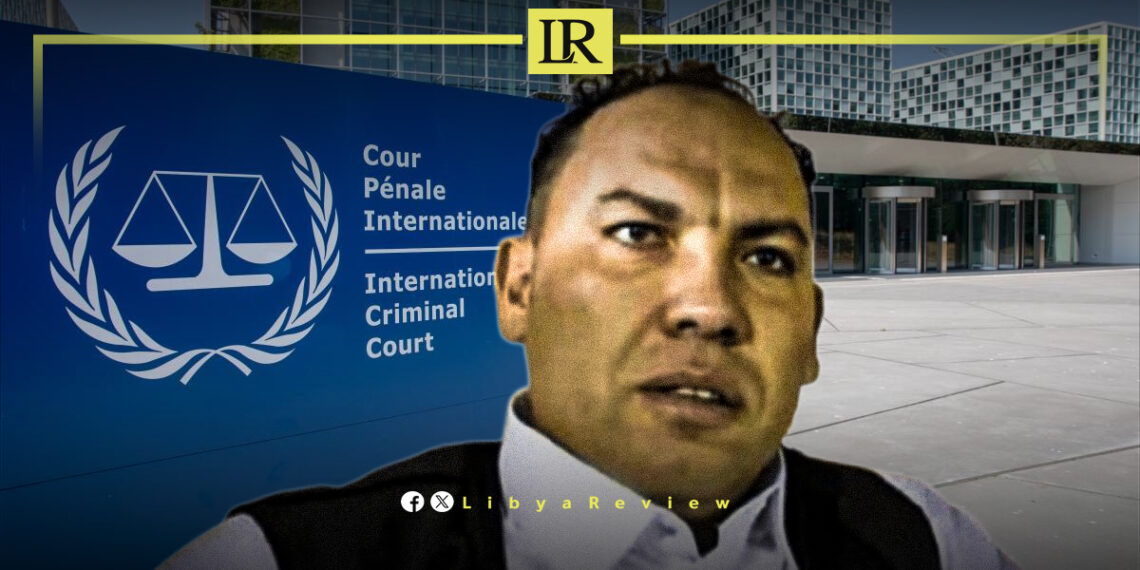On Wednesday, the International Criminal Court (ICC) expressed deep concern over the unexpected release of Osama Elmasry Njeem, also known as Osama Almasri Njeem, by Italian authorities.
Njeem, who was arrested in Turin on January 19, 2025, following an ICC arrest warrant, is accused of committing crimes against humanity and war crimes in Libya.
His sudden release and repatriation to Libya on January 21, without prior consultation with the ICC, have raised serious questions about Italy’s commitment to international justice and its obligations under the Rome Statute.
The arrest warrant, issued by the ICC’s Pre-Trial Chamber I, charged Njeem with overseeing a campaign of brutal abuses at Mitiga Prison in Tripoli, where thousands of detainees were allegedly subjected to torture, rape, and extrajudicial killings.
The Court claimed that Njeem personally ordered or facilitated these crimes with the assistance of the Special Deterrence Forces (SDF), commonly known as RADA. Victims reportedly included individuals detained for their religious beliefs, perceived moral infractions, or suspected affiliations with opposing armed groups.
In an effort to bring Njeem to justice, the ICC worked in close coordination with several states, including Italy, to ensure his apprehension. INTERPOL was also involved, issuing a Red Notice to facilitate his arrest.
The successful operation in Turin was initially seen as a major step forward in holding perpetrators accountable for atrocities committed in Libya. However, the news of his unexpected release has left the ICC in a state of disbelief, with officials now demanding an official explanation from the Italian government regarding its decision to allow Njeem to return to Libya.
Libya has been the focus of ICC investigations since the United Nations Security Council referred the situation to the Court in 2011 under Resolution 1970, following the violent uprising that led to the ousting of former leader Muammar Gaddafi.
Since then, the country has faced ongoing instability, with various armed groups vying for control and accusations of human rights violations continuing to surface.
The release of Njeem without prior consultation has sparked widespread criticism, with many questioning the effectiveness of international legal mechanisms if states fail to honor their commitments. The ICC, in a strongly worded statement, reminded Italy and other member states of their obligation to cooperate fully with the Court in its efforts to bring justice to victims of war crimes and crimes against humanity.
The Court also reiterated that any obstacles hindering the execution of arrest warrants should be addressed through diplomatic channels and not through unilateral decisions that could undermine the credibility of international justice.


